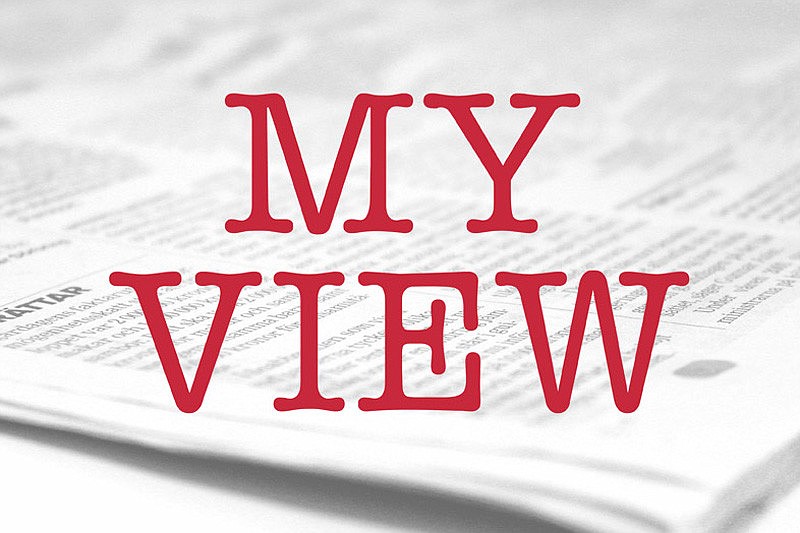- November 23, 2024
-
-
Loading

Loading

Friedrich Hayek must be spinning in his grave.
Last December, the Sarasota Observer and Pelican Press published a letter to the editor that mistakenly claimed Obamacare “comfortably fits into Hayek’s economic theory.”
A letter published July 31 took exception to the Sarasota Observer and Pelican Press’ criticism of “a liberal democratic president” and made a heroic effort to defend Obama administration policies by reciting Hayek’s “compassion” and endorsement of government-assistance policies, ostensibly to link such an endorsement with Obamacare.
But passionate heroism cannot redeem failed Obama policies. Nor should it mute criticism of those policies.
Hayek was a critic of collectivism and an opponent of central planning because they are the figurative parents of totalitarianism. He believed in the price mechanism offered through free markets to provide services and products. He did not endorse “social justice” and considered the redistribution of income or capital a deterrent to individual freedom. Hayek understood that personal liberty is the first victim on the path to socialism.
There is nothing inconsistent with those principles and Hayek’s support of government assistance to guarantee some security to all, “without endangering general freedom; that is: some minimum of food, shelter and clothing, sufficient to preserve health.” But, if Obamacare is the social-welfare policy intended “without endangering general freedom” to secure “some minimum” of care “to preserve health,” it misreads Hayek to suggest that his theories would support this president’s policies.
An attempt to link favorably Hayek theory and Obama health-care policies faces two problems. First, the “compassion” and principles of Hayek that endorse personal freedom and equal treatment under the law are irreconcilable with government central planners issuing mandates to purchase health insurance that you do not want, that include unwanted coverage at a price you cannot afford and subject you to penalties if you are noncompliant.
Equality and individual freedom under the law in Obamacare are absent by design, not inadvertence.
It is intentionally unequal by its insistence on exemptions and subsidies for those favored by government and penalties and high costs for those disfavored. Its perverse policies and penalties are essential to achieve absolute government control of health care. The express purpose is to limit choice and raise prices in the private market to compel people to take government exchanges.
Hayek would have preferred alternatives that emphasize personal freedom and choice as well as equal treatment under the law. For example, more efficient, multistate insurance products would add competition and choice. Vouchers enabling the purchase of health-care plans of our own choosing and design for simple primary care or catastrophic plans can be provided through the private insurance market.
Economic assistance directed to the truly needy can be made available to those who qualify. Government policies that facilitate those options fully satisfy Hayek’s compassion and support for “some minimum” of “safety-net” services because they avoid “endangering general freedom.” They demonstrably do not describe the mandates, special favors for some and penalties for others in Obamacare.
Second, Obamacare is more a politically “progressive” than liberal democratic policy. Liberal social-welfare policies, including government regulated health care, have existed for many years. Those policies co-existed with free markets, private enterprise and the rights of consumers to choose products and services from multiple providers. The policies of Obamacare permit no such accommodation or personal freedom, and thereby become illiberal rather than truly progressive because they restrict freedom of behavior by not allowing people to act as they choose.
Obamacare became more than a liberal, democratic policy extending benefits when it imposed mandates and penalties; it smothered individual liberty.
The Obamacare mandates represent ideology more than “compassion” or entitlement. Their essence is not merely to extend benefits to the needy but rather to demand compliance by everyone with the central government defining health-care plans rather than letting consumers make their own choices.
Obamacare is more about central control by government, redistribution of income and an affront to personal choice than it is about health-care reform. That is precisely the opposite of Hayek’s economic and public policy theories. Indeed, Hayek concluded “The Road to Serfdom” by reminding us that “ … a policy of freedom for the individual is the only truly progressive policy … ”
The fundamental difference between the policies of this so-called progressive president and Hayek is that one demands and the other abhors central control by the government.
Hayek admits the need for government involvement in providing some safety-net of social services. But Hayek’s overarching theme is the need to limit government control, not give it absolute and unfettered power. There is no congruity in policies or their application between Hayek and this president.
Werner Hartenberger is a Sarasota resident and retired media and FCC lawyer based in Washington, D.C.